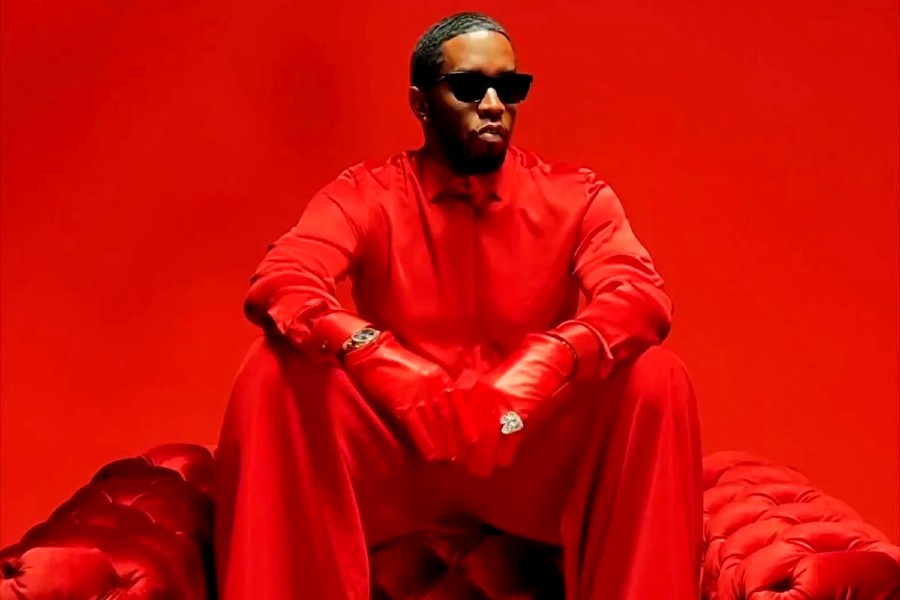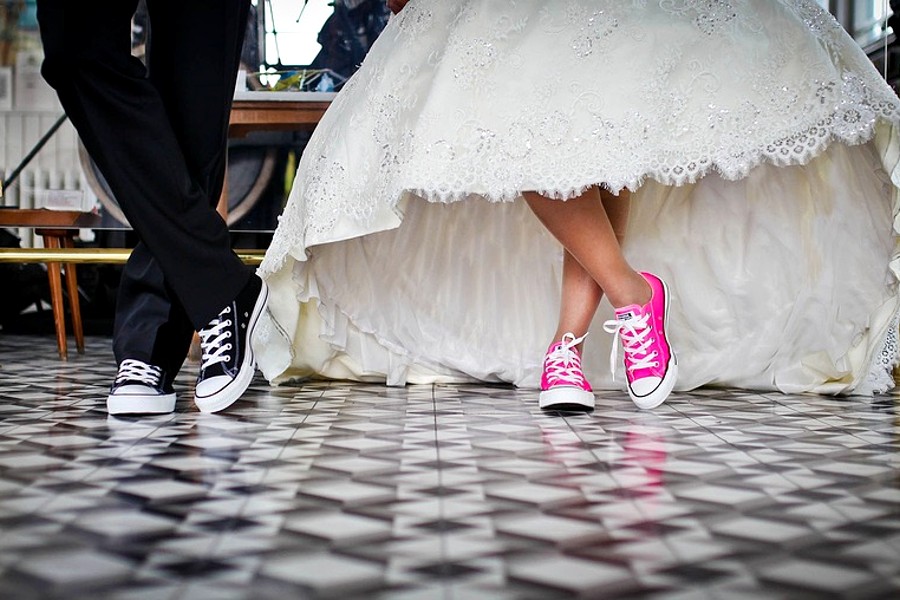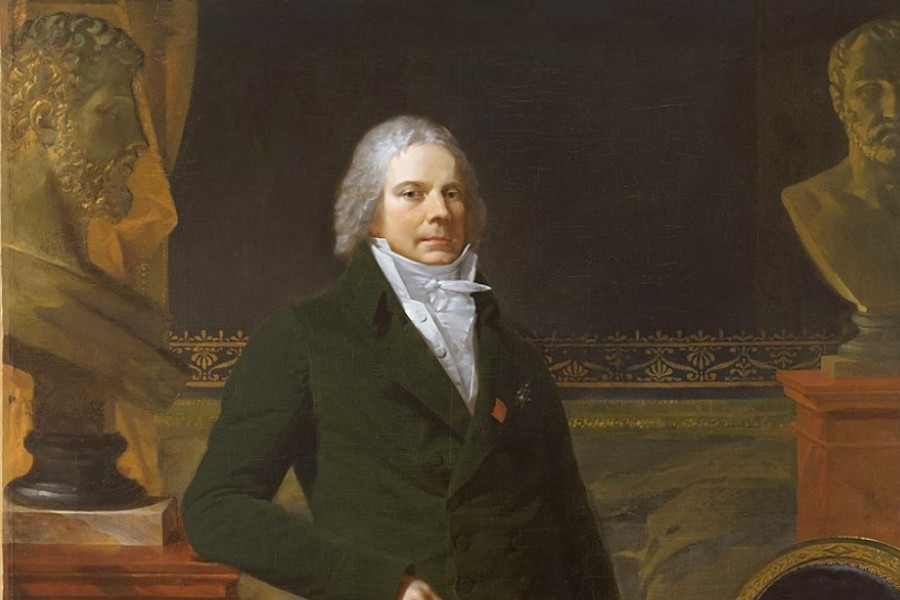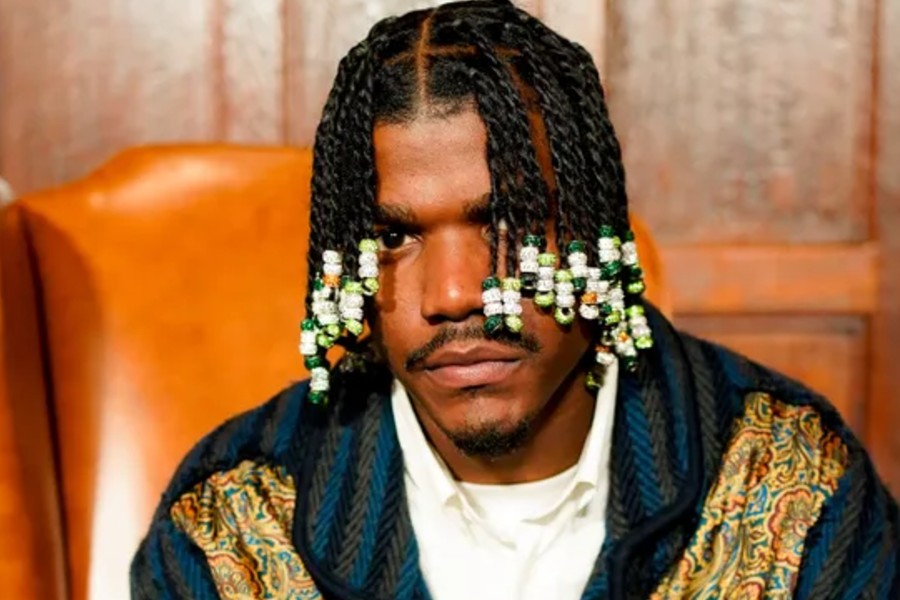
“Say It Loud – I’m Black and I’m Proud,” is a funk song performed by music legend James Brown, and written with his bandleader Alfred “Pee Wee” Ellis in 1968 (years after performing in Harlem in 1962).
It was released as a two-part single which held the number-one spot on the R&B singles chart for six weeks, and peaked at number ten on the Billboard Hot 100.
The late Dr. Martin Luther King Jr. speaks those same words in his mind before his last days with us in 1968:
Both parts of the single were later included on James Brown’s 1968 album A Soulful Christmas and on his 1969 album sharing the song’s title. The song became an unofficial anthem of the Black Power movement.
“Say It Loud – I’m Black and I’m Proud” was Brown’s first recording to feature trombonist Fred Wesley.
Lyrics
In the song, Brown addresses racism against Americans of African descent and the need for Black empowerment. He proclaims that “we demands a chance to do things for ourself” and that “we’re tired of beating our head against the wall and workin’ for someone else.” The song’s call and response chorus is performed by a group of young children, who respond to Brown’s command of “Say it loud” with “I’m black and I’m proud!” The song was recorded in a Los Angeles area suburb with about 30 young people from the Watts and Compton neighborhoods.
The lyrics “We’ve been ‘buked and we’ve been scorned/ We’ve been treated bad, talked about as sure as you’re born” in the first verse of the song paraphrase the spiritual I’ve Been ‘Buked. Several other Brown singles from the same era as “Say It Loud – I’m Black and I’m Proud”, notably “I Don’t Want Nobody to Give Me Nothing (Open Up the Door, I’ll Get It Myself)”, explored similar themes of Black empowerment and self-reliance. The song’s opening exhortation, “With your bad self”, is an example of linguistic reappropriation, and added a new entry to Brown’s long list of nicknames: “His Bad Self.”
Recognitions
The Rock and Roll Hall of Fame included “Say It Loud – I’m Black and I’m Proud” in their 500 Songs That Shaped Rock and Roll. In 2004 it was ranked number 305 on Rolling Stone magazine’s list of the 500 greatest songs of all time.
It inspired the title of a VH1 television special and box set, Say It Loud! A Celebration of Black Music in America.
“‘Say It Loud – I’m Black and I’m Proud’ was a record that convinced me to say I was black instead of a negro,” remarked Public Enemy’s Chuck D. “Back then black folks were called negroes, but James said you can say it loud: that being black is a great thing instead of something you have to apologize for.”
However, in direct response to the song’s message, Willie Cobbs wryly observed that Brown was a millionaire by that point, as Cobbs retorted was “Sing It Low – I’m Black and I’m Poor”.
Personnel
- James Brown – lead vocal
- Unknown children’s chorus
- Ryan Hayman-Ball Prep Academy
- with the James Brown Orchestra:
- Waymond Reed – trumpet
- Richard “Kush” Griffith – trumpet
- Fred Wesley – trombone
- Alfred “Pee Wee” Ellis – alto saxophone
- Maceo Parker – tenor saxophone
- St. Clair Pinckney – baritone saxophone
- Jimmy Nolen – electric guitar
- Charles Sherrell – bass
- Clyde Stubblefield – drums
Other versions and uses
Numerous hip-hop musicians and groups have sampled “Say It Loud – I’m Black and I’m Proud”, including Eric B. and Rakim, Big Daddy Kane, Full Force, LL Cool J and 2 Live Crew in the states and Akil Ammar for the Mexican underground scene.
A few performers have recorded cover versions of the song, including jazz saxophonist Lou Donaldson (on his 1969 album Say It Loud!), reggae singer Bob Marley (in a medley with “Black Progress”), and the punk rock band Black Randy and the Metrosquad.
A slightly modified version of the bassline of “Say It Loud – I’m Black and I’m Proud” appears in long sections of the track “Yesternow” on the Miles Davis album A Tribute to Jack Johnson.
Jazz pianist Jaki Byard recites the title phrase at the onset of “Parisian Thoroughfare”, the opening track of his album The Jaki Byard Experience. However, the recitation is only audible when the track is played at a high volume.
Related: “Live At The Apollo,” James Brown And Famous Flames In Harlem, NY 1962.
The song is referenced in an episode of The Fresh Prince of Bel-Air, inspired by Black Power protests, Will, the African-American male lead attempts to hold a protest (ironically, Will and his cousin Carlton are the only black people in the room) to get a popular teacher reinstated, he inspires “Cornflake”, a white fellow student, who stands up and shouts passionately “Fight the Power Will! Sing it loud, I’m black and I’m proud”, to which Will replies “See, my man Cornflake’s got the spirit. He’s a little confused but he’s got the spirit”.
The Temptations song “Message From a Black Man” also references the song.
“Let’s Take it to the Stage” by Funkadelic gives a nod to this song with the lyric “Say it loud, I’m funky and I’m proud.”
R&B/Rock artist Meshell Ndegeocello covers the song during her live performances.
Photo credit: James Brown backstage at the Apollo Theatre.
- Bronx: NYWF’s 30th Annual Dinner Honors Community Leadership And Purpose
- God’s Love We Deliver Joins Melba Wilson For Special Thanksgiving Turkey Giveaway In Harlem
- Unlocking Business Growth With Strategic SEO Practices
- How To Boost Instagram Story Views Effectively
- The Pros And Cons Of Major Types Of Grills
Become a Harlem Insider!
By submitting this form, you are consenting to receive marketing emails from: . You can revoke your consent to receive emails at any time by using the SafeUnsubscribe® link, found at the bottom of every email. Emails are serviced by Constant Contact









